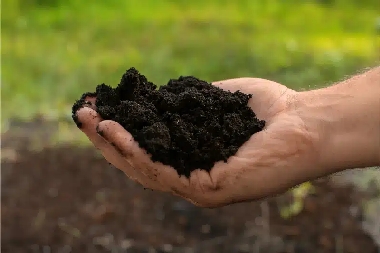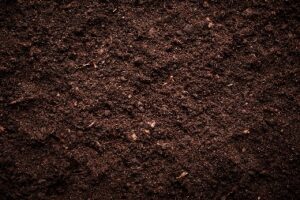Englewood Clay in Soil
As we navigate the challenges of modern farming, the significance of understanding clay in soil becomes increasingly clear, especially here in Englewood. With local agriculture facing pressures from climate change and a growing population, it’s vital for us to explore sustainable practices that can improve our soil health. Did you know that the quality of our soil directly impacts crop yields and the environment? This is where EcoGEM comes into play with innovative solutions designed to enhance soil quality.
In Englewood, the agricultural community is at a crossroads, and we need effective solutions that can address soil-related challenges. By focusing on clay in soil, we can improve water retention, reduce runoff, and ultimately contribute to healthier crops. Our local farmers are looking for practical and sustainable methods to enhance their soil, and that’s where EcoGEM’s expertise shines. Here are some key aspects of clay in soil that we should consider:
- Types of clay in soil influence nutrient retention.
- How to use clay in soil can enhance crop performance.
- Clay in soil benefits include improved water retention.
- How to break down clay soil fast is essential for effective planting.
- Sandy soil can complement clay for balanced growth.
By understanding the role of clay in soil, we can take significant steps towards enhancing agricultural practices in Englewood. The benefits of focusing on soil health are profound, and it’s crucial for us as a community to embrace these solutions. If you want to learn more about how EcoGEM can assist with your soil health, please reach out to us at (253) 348-2200 or visit our Contact Us page.
Englewood Soil Clay Levels
The understanding of soil clay levels is critical for farmers and gardeners alike in Englewood. As we strive to grow nutritious crops, knowing the composition of our soil helps us make informed decisions. Recent studies show that soil clay levels significantly affect plant growth and yield. With the right knowledge, we can improve our farming practices and ensure a sustainable future.
In Englewood, we face unique soil challenges that can impact our agricultural productivity. By assessing soil clay levels, we can implement effective strategies to enhance soil health. Here’s a closer look at the importance of soil clay levels:
- Soil clay levels chart can help identify soil type.
- Soil clay levels pdf provides detailed insights for farmers.
- 7 types of soil inform us about our options.
- Sandy soil can balance out heavy clay for better growth.
- Clay soil characteristics impact nutrient absorption.
Understanding soil clay levels is not just a technical necessity; it’s essential for the health of our crops and the environment. By leveraging this knowledge, we can enhance our agricultural practices in Englewood and work towards a more sustainable future. For further information on how to improve your soil, feel free to contact us at (253) 348-2200 or visit our Contact Us page.
Englewood Clay Soil
Clay soil is a common topic among gardeners and farmers in Englewood, and rightly so. This type of soil plays a pivotal role in plant growth and sustainability. Research indicates that clay soil can hold nutrients and moisture effectively, making it a valuable asset for any agricultural endeavor. Understanding how to manage clay soil can lead to healthier plants and better yields.
In our local context, it’s essential to recognize the specific challenges and benefits associated with clay soil. By utilizing effective practices, we can enhance the productivity of our gardens and farms. Here’s what we should keep in mind about clay soil:
- Clay soil for plants offers excellent nutrient retention.
- Types of clay soil affect planting strategies.
- How to break down clay soil fast is crucial for crop success.
- Where to buy clay soil can support local gardening efforts.
- Gypsum for clay soil can improve drainage and aeration.
By embracing the unique properties of clay soil, we can transform our gardening and farming efforts in Englewood. The potential for improved crop yields and healthier plants is significant. If you’re interested in learning more about how EcoGEM can support your soil health initiatives, please contact us at (253) 348-2200 or visit our Contact Us page for further assistance.



